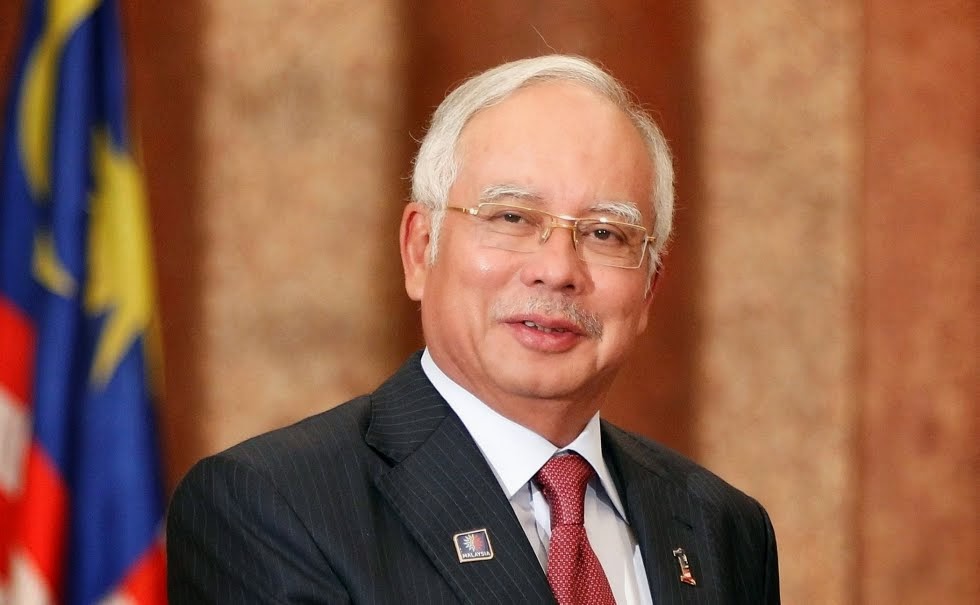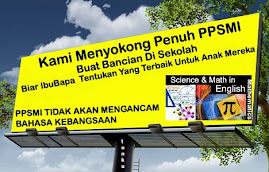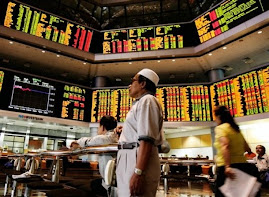KUALA LUMPUR (Aug 3, 2007): Information Minister Datuk Seri Zainuddin Maidin said today the citizens’ wish list issued by 42 Non-Governmental Organisations (NGOs) does not represent the aspirations and wishes of the people nor does it reflect the reality.
"Rather, it is a clever attempt to disunite the people in the country," he said.
Zainuddin said although some of the eight agendas could be accepted, the first one pertaining to efforts to strengthen national unity was unacceptable because it was not based on the reality and the unity achieved since independence.
The first agenda states that new sustained efforts are urgently needed to rebuild national unity as ethnic, linguistic and religious divides have deepened, causing genuine pain and hurt to many in the nation.
"This is a statementy that ignores the reality acknowledged by theworld and the people as well as Malaysia’s achievments since independence. One thing that is recognised by the world and has been a model (for the world) is the unity of the people and their
ability to live in harmony.
"This is not a citizens’ wish but the wish of a handful of people. This is uncalled for," he told reporters when asked to comment on the citizens’ wish list initiated by the Asian Strategy and Leadership Institute (Asli) in commemoration of Malaysia’s 50th anniversary of independence.
The 42 NGOs which provided feedback for the list want the government to adopt these agendas, called the New Malaysian Agenda.
Zainuddin said the first agenda in the list bordered on racism and did not take into consideration the values that have been accepted by Malaysians all this while, reports Malaysia’s national news agency Bernama.
"They (42 NGOs) are an elite group which cannot be considered as representing the people and are not a group representing the feelings of the people below and they are removed from the heart and pulse of the people," he said.
Describing their approach as extremely chauvinistic, Zainuddin said the principles of the country’s independence were based on a social contract that had been accepted all this while by the majority of the people and strengthened by the New Economic Policy which is aimed at balancing the economic status of the various races in the county.
He said the first agenda underscored by the group would not help boost the people’s confidence as the country celebrates its 50th anniversary of independence because what was needed was views that could further nurture the values that had strengthened the country all this while.
"It is surprising that the group of 42, which is regarded as a group of highly educated people, cannot see the reality. This is regrettable and the majority of the people in the country are offended ... a clever attempt to split the people," he said.
Zainuddin said he felt the government would not accept the list as something that could be considered.
"We (government) believe in our ways. To strengthen and improve national unity, the government will accede to the people’s wishes and not the wishes of this group of 42," he added.
He said most of the other agendas listed, including those on developing a world-class education system, enhancing international competitiveness and remaining engaged with the global economy, were not new to the government.
All these had been in practice for a long time and Malaysia was more advanced than several other big nations in recognising the importance of a global economy and a free and open market, he said.
What the people want
KUALA LUMPUR (Aug 2, 2007): Forty-two non-governmental organisations have put their heads together to come up with a "wish list" that they want the government to adopt as the New Malaysian Agenda.
Initiated by the Asian Strategy and Leadership Institute (ASLI)'s Centre for Public Policy Studies to mark the country's 50th Merdeka, the Merdeka Statement outlines eight thrusts.
These are what the people want the government to do:
Strengthen national unity.
New sustained efforts are urgently needed to rebuild the national unity as ethnic, linguistic and religious divides have deepened, causing pain and hurt to many in the nation;
Enhance international competitiveness.
The country must remain engaged with global economy, rapidly and continually adapting to maintain competitiveness by adopting international best practices;
Create an innovation economy.
An innovation policy should be developed as part of existing plans and policies within trade and services industries;
Redress imbalances.
Imbalances -- poverty, intra-ethnic and inter-gender income inequalities -- need to be redressed with newer strategies and more vigorous effort;
Reinforce the institutions of the Executive, Legislature and Judiciary.
The government needs to further strengthen the key institutions and ensure their independence in reflecting values of good governance;
Reform education
Radical change of mindset is needed to bring about a paradigm shift in rethinking education, in developing a world-class Malaysian education system;
Ensure quality of life
The government needs to ensure the people's quality of life can be improved through sustainable development initiatives; and
Improve governance, fight corruption.
The principles of transparency, integrity, accountability and responsibility must be strictly upheld and enforced in all sectors of society.
tunku : i think zam is wrong and make stupid comments on the people's aspiration wish list. whatever in the list i believe is the wish list of all malaysian. coming back to zam's comment on the first one pertaining to efforts to strengthen national unity, it is a veri serious issue. we can't rely on our history that we are united but things had gone bad lately.all malaysian should really look into this issue and tackle it right so that we will maintain the peace we are having right now.so zam rather than making stupid comments, do your work, your ministry programmes for national unity is vital.




























No comments:
Post a Comment